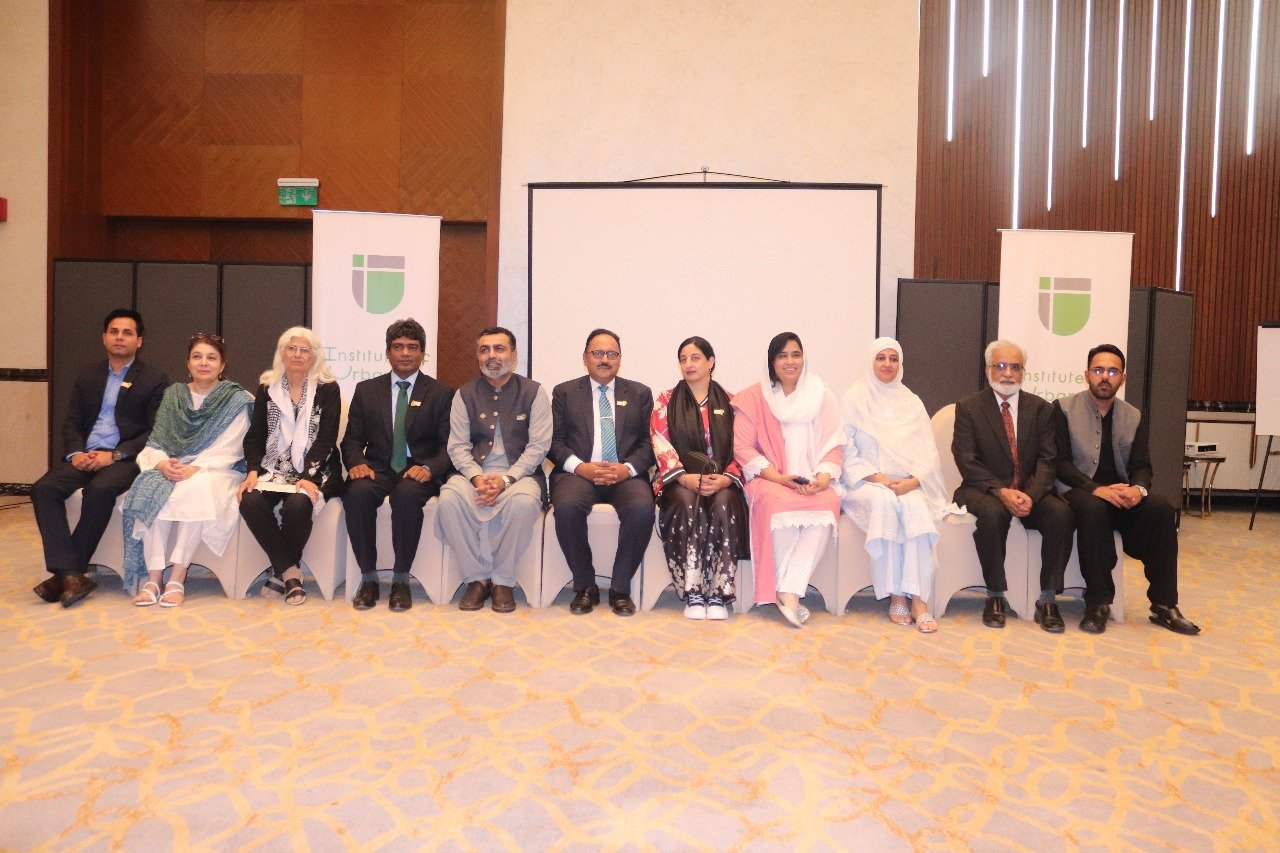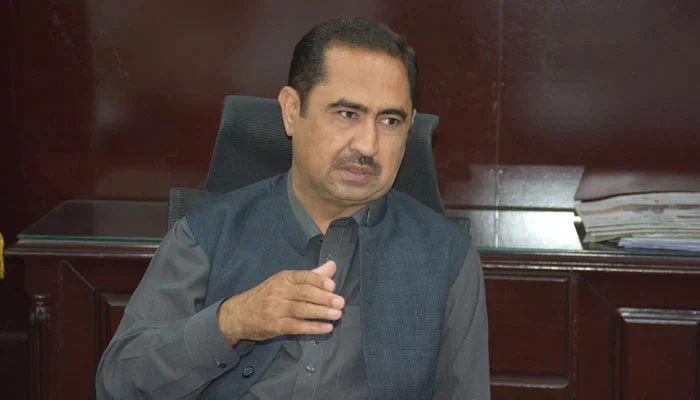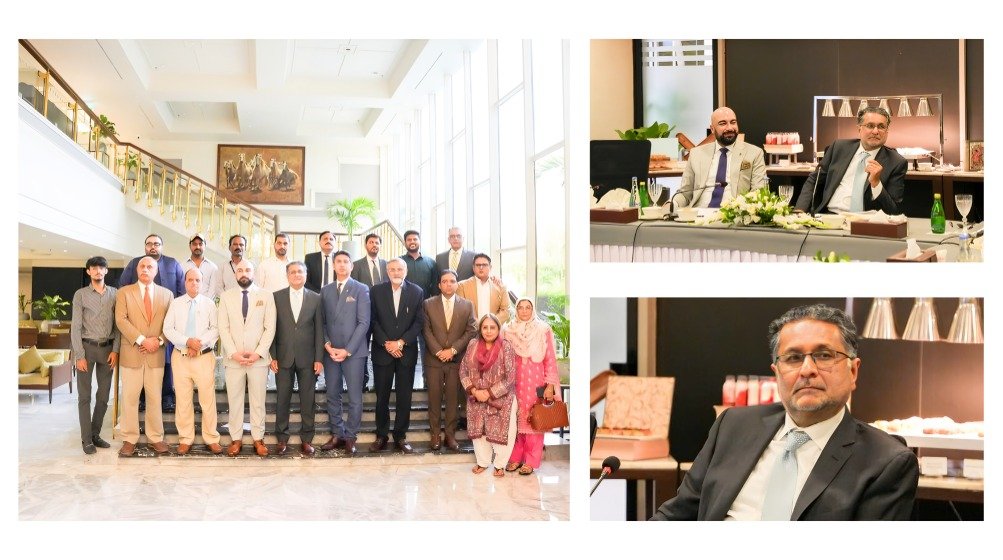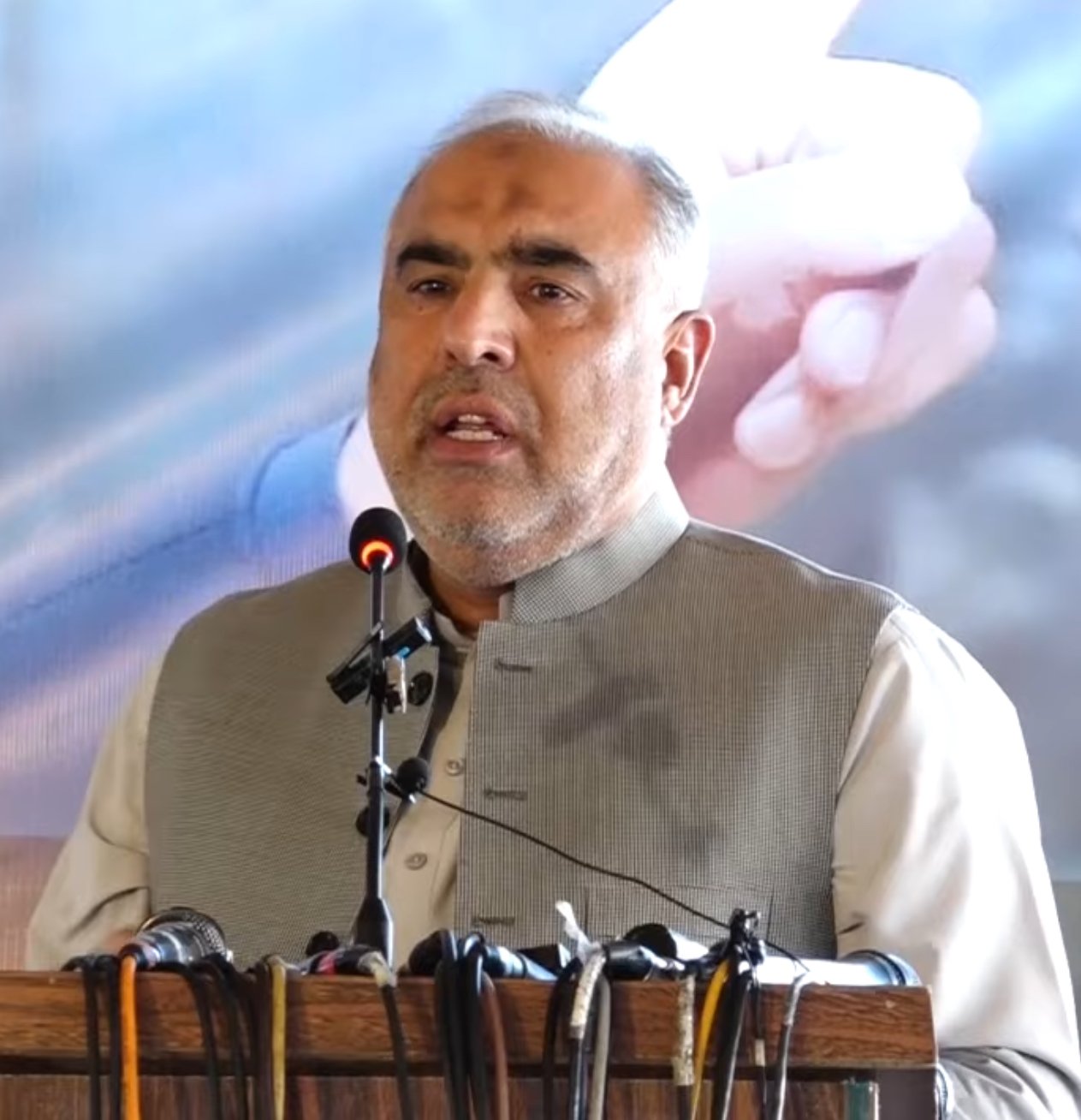Islamabad – The Institute of Urbanism (IoU) is advancing community-led waste management as a powerful tool for resilience and livelihood creation. At a recent policy dialogue titled “Strengthening Community-Led Sustainable Waste Management,” experts, policymakers, and community leaders gathered to explore inclusive solutions to Pakistan’s growing urban waste crisis.
Dr. Ejaz Ahmad, Executive Director of IoU, highlighted the success of initiatives in Farash Town. “By mobilizing women and youth, we have shown that waste is not merely an environmental liability. Instead, it is a resource that can support livelihoods and strengthen resilience. Community ownership drives sustainable solutions,” he said.
Pakistan produces approximately 48.5 million tons of solid waste annually. However, only 60–70% is collected. Most of it ends up in open dumps or is burned, contributing to pollution and climate change. The dialogue, supported by Heinrich Böll Stiftung, emphasized the urgency of adopting community-led waste management models.
Ghulam Qadir Shah, Chairperson of the Pakistan Climate Change Authority, stressed that urban waste fuels climate change. He called on communities to adopt sustainable practices that protect public health and the environment.
Panelists offered diverse perspectives. For example, Dr. Abida Sharif from FJWU urged academia to embed environmental responsibility in education. Additionally, Rafia Mahmood of WWF-Pakistan encouraged collaboration between the government, civil society, and grassroots actors.
Community leader Yasmeen Akhtar shared her experience from Farash Town, noting behavioral shifts. However, she called for consistent support and institutional backing. Meanwhile, Asmat Ullah from Smart City Islamabad advocated for integrating technology with local ownership to build cleaner, smarter cities.
Dr. Zaigham Abbas of EPA highlighted the importance of regulation and circular economy models. Similarly, Dr. Hamid Iqbal from RWMC emphasized innovation and the role of informal waste workers. Dr. Asif Iqbal from Urban Unit stressed the need for public-private partnerships to close policy gaps and scale community-led waste management.
This dialogue reaffirmed that sustainable urban futures depend on communities leading waste solutions. Ultimately, policy support, innovation, and strong collaboration will ensure success.










